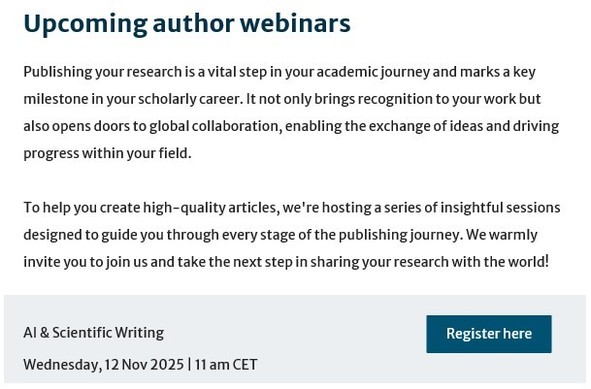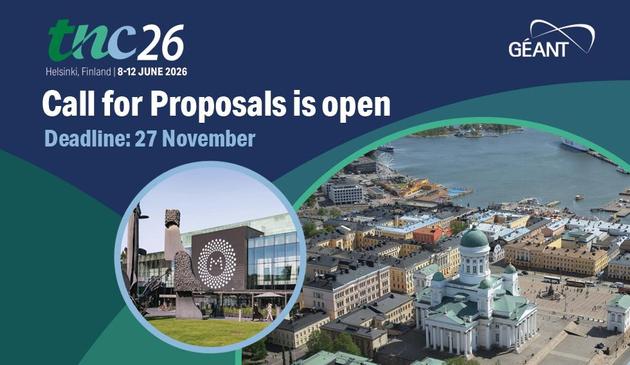TL;DR: spending money to find the cause of autism is a eugenics project, and those resources could have been spent improving accommodations for Autistic people instead.
To preface this, I'm not Autistic but I'm neurodivergent with some overlap.
We need to be absolutely clear right now: the main purpose is *all* research into the causes of autism is eugenics: a cause is sought because non-autistic people want to *eliminate* autistic people via some kind of "cure." It should be obvious, but a "cured autistic person" who did not get a say in the decision to administer that "cure" has been subjected to non-consensual medical intervention at an extremely unethical level. Many autistic people have been exceptionally clear that they don't want to be "cured," including some people with "severe autism" such as people who are nonverbal.
When we think things like "but autism makes life so hard for some people," we're saying that the difficulties in their life are a result of their neurotype, rather than blaming the society that punished & devalues the behaviors that result from that neurotype at every turn. To the extent that an individual autistic person wants to modify their neurotype and/or otherwise use aids to modify themselves to reduce difficulties in their life, they should be free to pursue that. But we should always ask the question: "what if we changed their social or physical environment instead, so that they didn't have to change themselves?" The point is that difficulties are always the product of person x environment, and many of the difficulties we attribute to autism should instead be attributed to anti-autistic social & physical spaces, and resources spent trying to "find the cause of autism" would be *much* better spent trying to develop & promote better accommodations for autism. Or at least, that's the case if you care about the quality of life of autistic people and/or recognize their enormous contributions to society (e.g., Wikipedia could not exist in anything near its current form without autistic input). If instead you think of Autistic people as gross burdens that you'd rather be rid of, then it makes sense to investigate the causes of autism so that you can eventually find a "cure."
All of that to say: the best response to lies about the causes of autism is to ask "What is the end goal of identifying the cause?" instead of saying "That's not true, here's better info about the causes."
#autism #trump
P.S. yes, I do think about the plight of parents of autistic kids, particularly those that have huge struggles fitting into the expectations of our society. They've been put in a position where society constantly bullies and devalues their kid, and makes it mostly impossible for their kid to exist without constant parental support, which is a lot of work and which is unfair when your peers get the school system to do a massive amount of childcare. But in that situation, your kid is in an even worse position than you as the direct victim of all of that, and you have a choice: are you going to be their ally against the unfair world, or are you going to blame them and try to get them to confirm enough that you can let the school system take care of them, despite the immense pain that that will provoke? Please don't come crying for sympathy if you choose the later option (and yes, helping them be able to independently navigate society is a good thing for them, but there's a difference between helping them as their ally, at their pace, and trying to force them to conform to reduce the burden society has placed on you).







